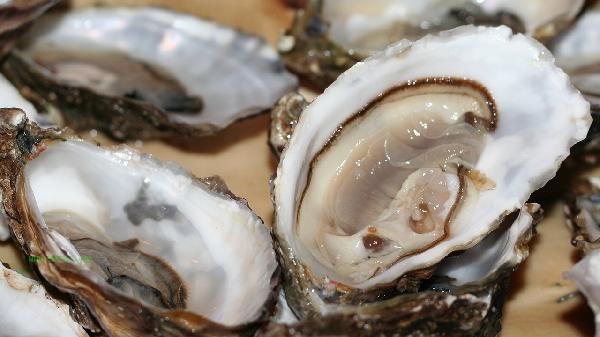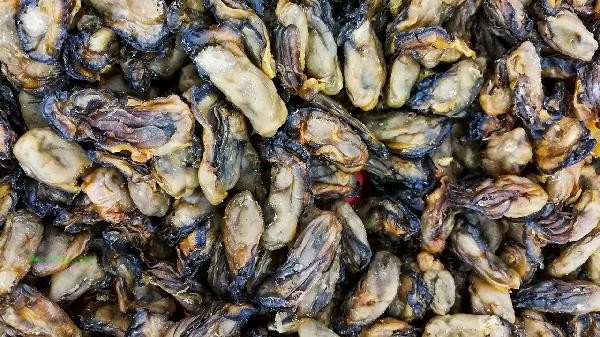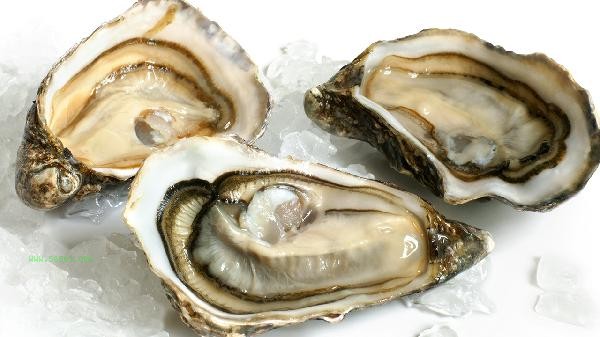Babies generally do not need to eat oyster powder specifically, but moderate supplementation may help achieve nutritional balance. Oyster powder is rich in nutrients such as zinc, iron, and high-quality protein. Whether to add it depends on the baby's age, dietary structure, and physical condition.

1. Zinc supplementation
Oyster powder has a high zinc content and may have an improving effect on loss of appetite or developmental delay caused by zinc deficiency. For babies who are in the period of complementary food intake after 6 months, if their daily intake of meat and liver is insufficient, they can add a small amount of oyster powder. However, full-term healthy infants fed with breast milk or formula usually do not require additional zinc supplementation.
2. Allergy risk considerations
Shellfish are highly allergenic foods, and allergic reactions such as rash and diarrhea should be observed when added for the first time. It is recommended to mix oyster powder with rice paste starting from a small amount and observe continuously for 3 days. Babies with a history of allergies such as eczema and asthma should consume with caution.
3. Mineral absorption
The iron in oysters belongs to heme iron, which has a higher absorption rate than plant-based iron sources and is suitable for preventing iron deficiency anemia. However, excessive intake may increase the burden on the gastrointestinal tract. Babies under 1 year old should not consume more than 2 grams of powder per day, and should avoid taking it together with calcium supplements to affect absorption.

4. Alternative nutrition scheme
can also meet the demand for zinc and iron through red meat, egg yolk, fortified Rice noodles and other foods. If babies have low acceptance of oyster powder, they can choose pig liver powder or beef floss as alternatives, as these ingredients have a lower probability of allergies and comparable nutritional density.
5. Special constitution intervention
Premature infants or babies diagnosed with trace element deficiency should use oyster powder under the guidance of a doctor. Some medical grade zinc supplements may be safer and more controllable than food grade oyster powder to avoid blindly supplementing and causing mineral imbalances. When parents choose oyster powder for their babies, they should prioritize pure powder products without additives and store them refrigerated after opening. Maintaining a diverse combination of grains, vegetables, meat, eggs, and milk in daily diet is more important than simply supplementing a certain nutrient. If the baby experiences symptoms such as refusal to eat or abnormal bowel movements, they should immediately stop using the medication and consult a pediatrician or registered nutritionist for personalized evaluation. For infants with incomplete digestive function, it is recommended to gradually supplement their nutrition through natural foods.









Comments (0)
Leave a Comment
No comments yet
Be the first to share your thoughts!